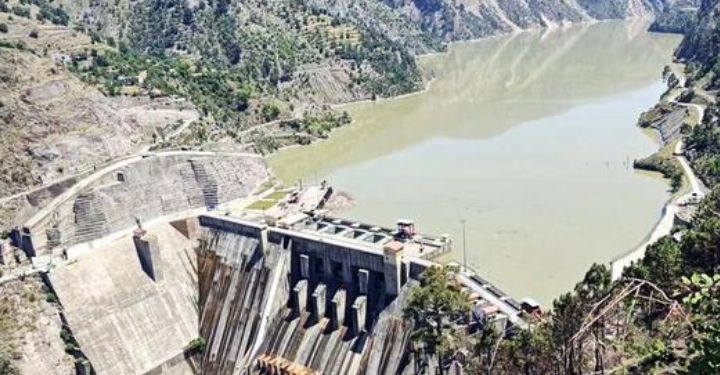The sudden drop in Chenab River water flow due to upstream dam operations has highlighted a bigger issue lurking beneath the surface: South Asia’s water management systems are not equipped to handle the combined stress of geopolitical conflict and climate change.
Pakistan, already classified as a water-scarce country by the UN, is particularly vulnerable. River flows from the Himalayas, its primary water source, are becoming more unpredictable due to glacial retreat, erratic rainfall, and increasing temperatures. When coupled with man-made interruptions like India’s sediment-flushing activity, the result is a dangerously volatile water supply.
This latest episode is being viewed by experts as a case study in the need for adaptive, climate-resilient policies. The Chenab, like other Himalayan rivers, is fed by a delicate combination of snowmelt and monsoonal rains — both of which are being disrupted. Yet, the region’s water-sharing agreements, including the Indus Waters Treaty, are based on assumptions from the mid-20th century.
A 2022 study by the International Water Management Institute warned that without coordinated climate data sharing and adaptive governance, South Asia could face serious hydropolitical instability. Pakistan’s infrastructure — including its irrigation canals and outdated storage systems — is especially vulnerable to even small changes in flow. India, too, faces challenges in managing glacial melt and water demand.
Environmental advocates are calling for an overhaul of how both countries approach river management. Rather than relying solely on legalistic treaty frameworks, there’s growing support for the integration of climate science, joint forecasting centers, and basin-wide planning strategies.
The Chenab River may be just one front in a much larger regional crisis. If India and Pakistan can’t find a way to cooperate on climate-resilient water governance, they may soon find themselves in a perpetual state of hydrological emergency.
For More News updates : https://asiapedia.in
